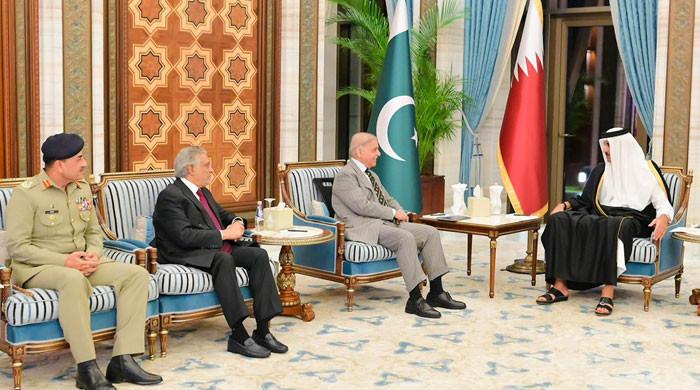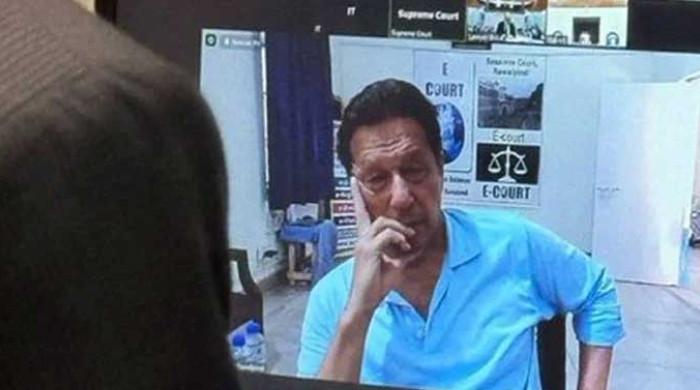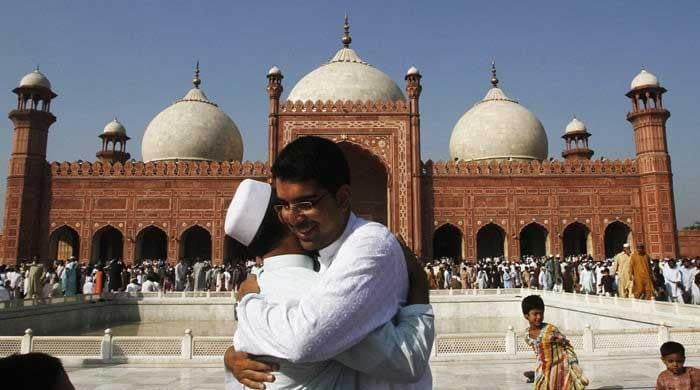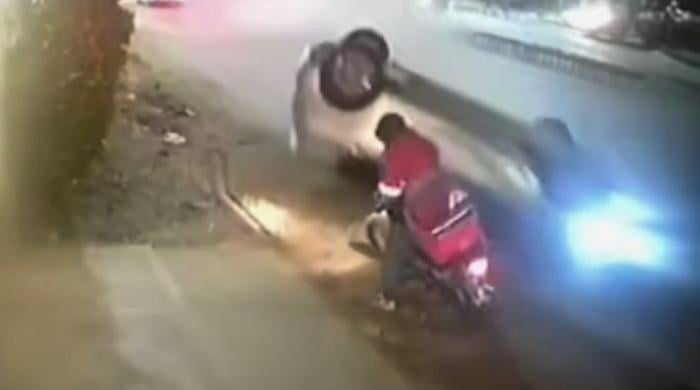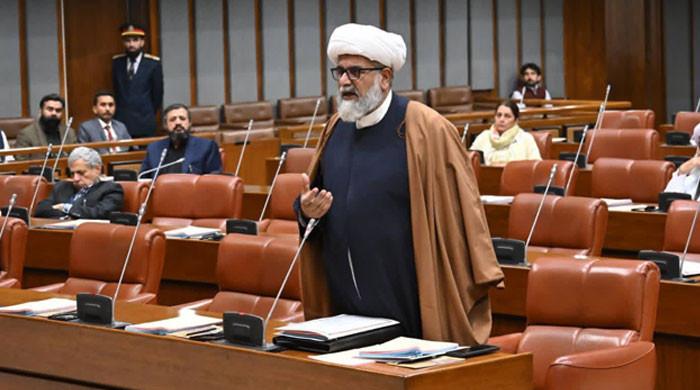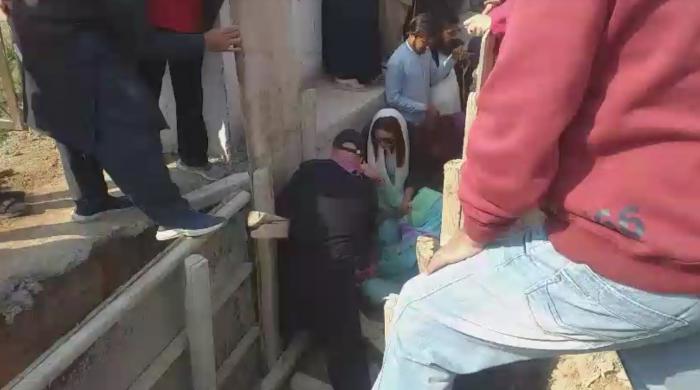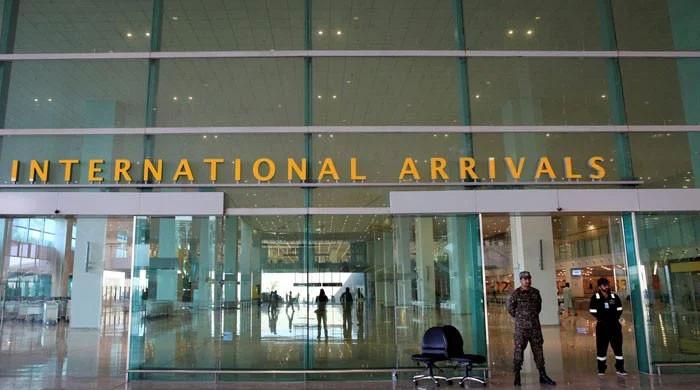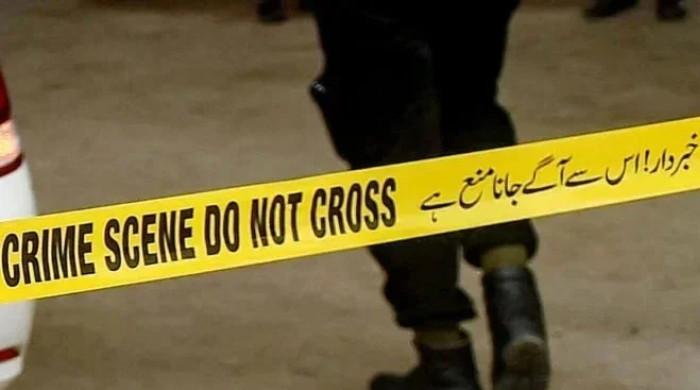696 more Pakistanis return from Iran as tensions escalate
Returnees include pilgrims, students and tourists, say immigration officials
June 21, 2025
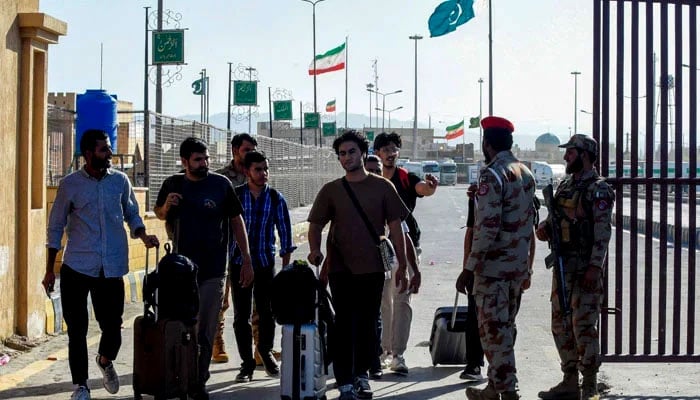
- 7,519 repatriated from Iran since June 12.
- 1,814 nationals returned in a single day.
- Border closure disrupts Iranian imports.
Amid escalating tensions between Iran and Israel, 696 more Pakistanis — including 59 students — returned home through the Gabd-Rimdan border crossing, immigration officials confirmed on Saturday.
Since June 12, a total of 7,519 Pakistanis, including 1,103 students, have returned via the Gabd border, according to authorities.
Immigration officials also said that 342 Iranian nationals have crossed back into Iran over the past three days.
All returnees have been sent to their respective hometowns, while more arrivals are expected in the coming days.
According to official data released by the Chagai district administration, 1,814 individuals crossed into Pakistan from Iran on Friday.
The returnees include pilgrims, students, tourists, deportees, and a few foreigners — all of whom entered Pakistan through the Taftan border. The district administration provided comprehensive support, including food, shelter, and other essential services.
Deputy Commissioner of Chagai, Atta-ul-Munim Baloch, reported that among the returnees were 428 pilgrims, 655 students, 566 tourists, 160 deportees, and five foreigners.
Iran-Israel conflict
The repatriation process began after the Israel-Iran military standoff broke out last week.
Since June 13, Israel has launched large-scale strikes on Iran, targeting military bases, nuclear sites and residential areas across the country.
The attacks have killed at least 430 people in the Islamic Republic, including top military commanders, nuclear scientists and civilians.
Iran has retaliated with barrages of drones and missiles that have killed at least 24 people in Israel, according to the latest figures from the prime minister's office.
Iran does not recognise Israel and has long accused it of carrying out sabotage operations against its nuclear facilities, as well as assassinating its scientists.
Closure of border crossing points
The ongoing conflict between Iran and Israel is now having tangible repercussions in Balochistan, where trade and daily life are being disrupted.
Border regions of Balochistan, historically known as key routes for Iranian petrol smuggling, have seen operations grind to a halt following the closure of Pakistan-Iran border crossings amid escalating tensions.
The scarcity of Iranian petrol has become widespread across the province, forcing hundreds of fuel outlets — mini petrol pumps in Quetta’s neighbourhoods — to shut down. The resulting fuel shortage has driven rickshaw drivers and other transport operators to raise fares, sharply straining daily commuters.
On the other hand, there is also a looming threat of an LPG gas shortage, which is expected to lead to price hikes.
Due to a severe shortage of Iranian goods in Quetta’s markets, their prices have doubled.
Citizens argue that to ensure the availability of goods and control inflation, immediate, effective, and comprehensive steps must be taken by both the federal and provincial governments.




